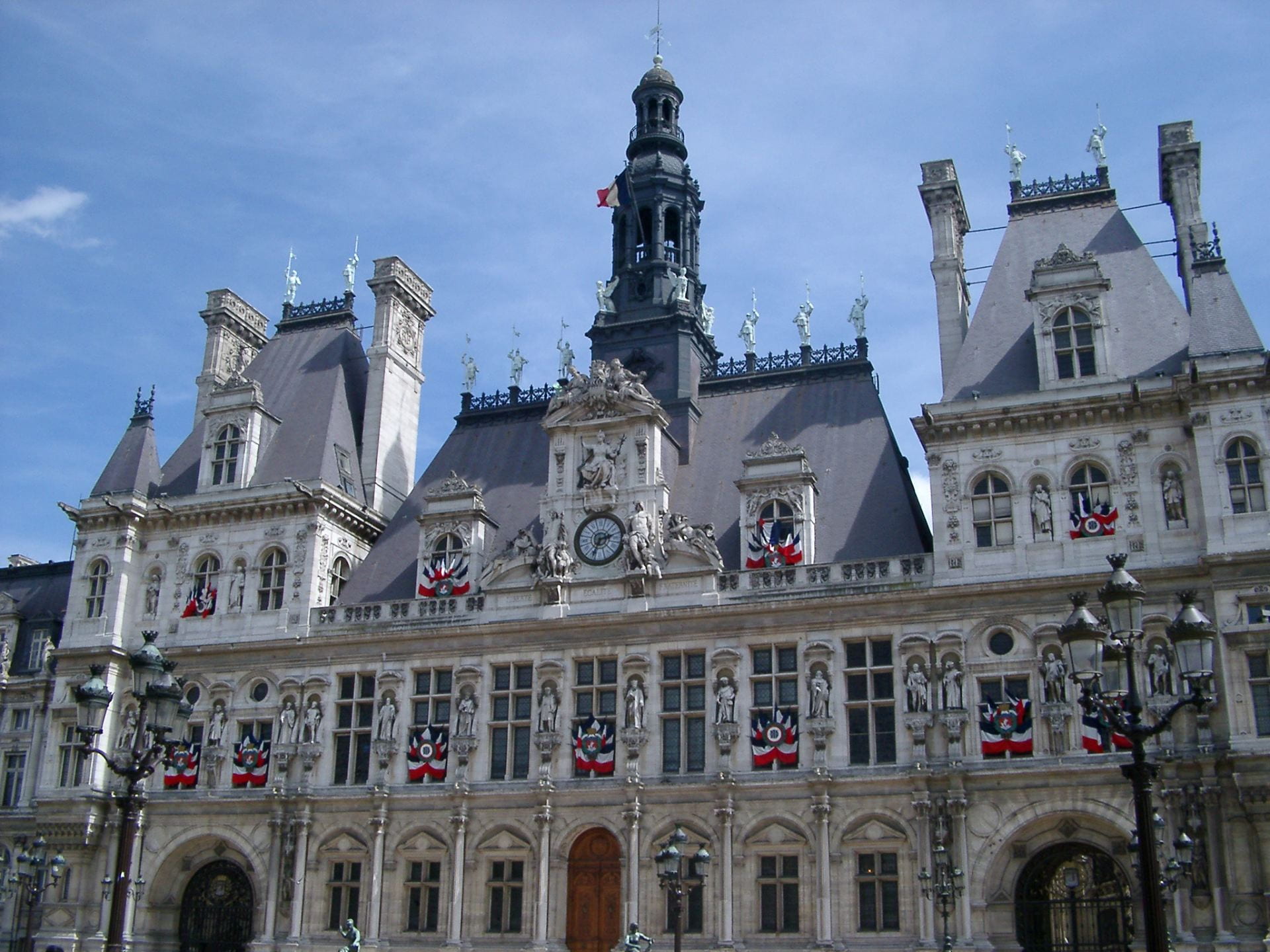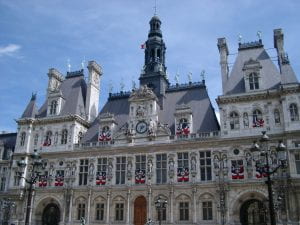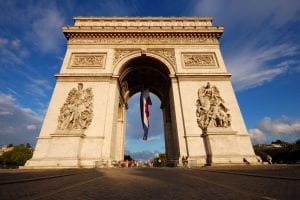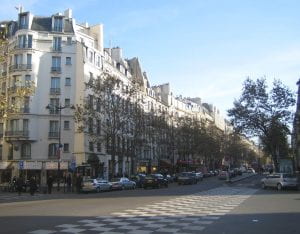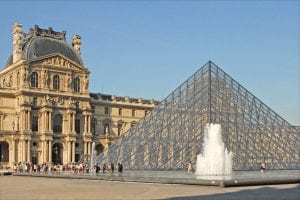
A devasting, 6.8 on the Richter scale, earthquake hit the North African nation late Friday, killing at least 2,886 people and injuring 2,562. The earthquake struck the High Atlas Mountain range ripping through the small villages and the center of Marrakech. Rescue operations are still taking place, as there are many people crushed under the remains of Al Haouz, where the quake was most devastating. Every minute counts in the search for survivors, yet the Moroccan government is selective with which countries they accept. France was left out of Morocco’s decision to accept aid from the UK, Spain, Qatar, and the United Arab Emirates. When the death toll continues to rise and the city turns to rubble, why is Morocco declining French assistance in disaster relief? Analyzing recent tensions between Morocco and France, it is apparent that the strained relationship between the two countries is the contributing factor to the refusal of aid during this dire time of need. Major humanitarian crises like this are supposed to be a chance to bridge the divide between nations, but they can also be an opportunity that is overlooked.

Context
The controversy between Morocco and France has its roots in historical, political, and diplomatic factors. Originally, Morocco was a French protectorate from 1912 to 1956, and then in 1956 the country gained its independence. Therefore, there is a significant Moroccan diaspora in France which is why the government pledged 5 million euros to help with aid. Additionally, four French residents died in the earthquake. However, one topic of contention between the two is the sovereign claim over the Western Sahara. Morocco recognizes the West Sahara as part of their country, but France refuses to acknowledge that. Back in 2021, France went on the offensive against migrants from Morocco, Algeria, and Tunisia, threatening to cut off their visas unless they agreed to accept back migrants. The aforementioned nations took that as a sign of shame. These controversies, compounded with the government’s decision to reject French assistance, are indicative of the icy diplomatic relations between President Emmanuel Macron and King Mohammed VI. Despite the King being in France when the quake hit, no attempts were made to resolve the tension.

Significance
Morocco’s reluctance to accept aid is baffling global aid groups. Time is the most precious resource when it comes to disaster relief. By refusing the French, the Moroccan government is taking precious time away from the survivors of this devasting earthquake. Especially since France is known for being an expert in disaster relief, they have the resources to mobilize coordinated rescue operations on the ground. In the wake of this horrible humanitarian crisis, the focus should be on helping the suffering, not balancing adverse international relations. This decision made by the Moroccan government is actually hurting its people. That aid could be used to reach parts of the village that are not accessible due to the vast destruction. The increased delays have resulted in families digging themselves out of the debris. In addition, the government has been dubiously quiet about the severity of the crisis. Instead of making a broad appeal for help, Morocco is limiting foreign aid. For this to be the strongest earthquake to hit the country in over a century, the government is keen to downplay the seriousness of the situation and provide inadequate resources. Therefore, the catastrophe response promotes the notion that the administration is indifferent to the plight of the people in the impoverished mountain towns shaken by the quake, rather preferring wealthy metropolitan inhabitants and foreign tourists. With lives lost and homes destroyed, now is not the time for petty politics, but rather a chance to come together in a time of need.
Libya Flood Relief
The case of Libya’s flood is another case where relief efforts are hindered by political complications in North Africa. More than 5,300 people were killed and 10,000 are missing in Libya when a storm caused rivers and dams to breach. Storm Daniel wreaked havoc on Libya’s eastern port city of Derna, virtually flattening it. The Morocco quake and the Libya have resulted in 8,000 dead and significantly more injured or missing. Both devastated communities have waited for days for aid, frequently digging out and burying their dead with little to no help from their governments. Some of the delays can be attributed to damaged infrastructure; however, the main impediment, though, is politics. It seems that the immediate aftermath of a natural disaster qualifies as a moment for political differences to be put aside. The delays in receiving aid in Morocco and Libya, one nation perceived as the bedrock of stability in the region and the other torn apart by conflict and governed by rival governments, show how difficult it is to separate political concerns from humanitarian help. Despite the stark differences between the two, both are in the same predicament. Both governments need to accept responsibility and make a coordinated effort to provide aid to the citizens of their respective countries.
